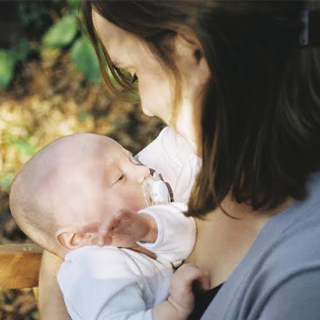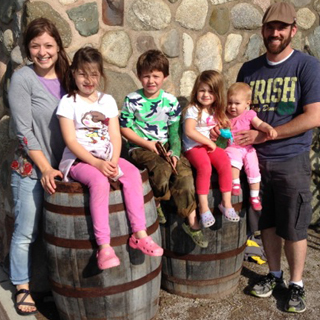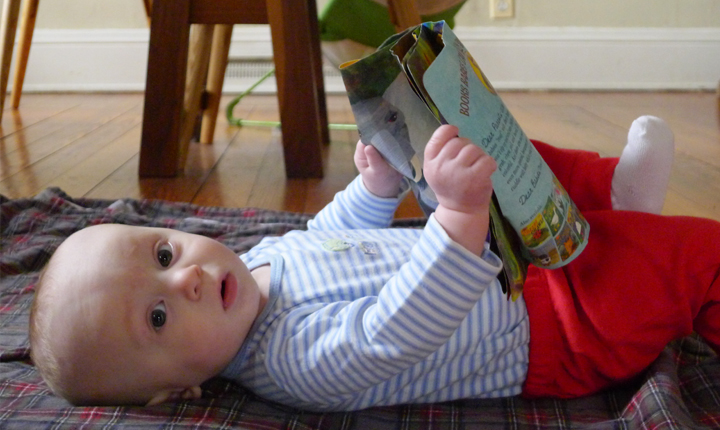The Longest Shortest Time
PODCAST #39: Owner of a Holey Heart
When Anna Keating’s baby Clement was born, he was diagnosed with two small holes in his heart (aka ventricular septal defect). The doctors told her that this could go one of two ways: either Clement would need major heart surgery in the first year of his life, or it would clear up entirely on its own.
With the stress of it all, Anna’s milk started drying up, and whenever she gave Clement formula he’d just spit it up. Pretty soon he was labeled “failure to thrive.” Anna tried pumping every single hour, after every single feeding, to boost her milk supply, to no avail. She exhausted herself to the point of hallucinating (she was seeing dinosaurs!), so it’s no wonder that when her lactation consultants told her that they did not approve of informal milk sharing, she heard “milk sharing is illegal.” But Anna was so desperate, she decided she didn’t care; she was going to break the law. She sent an email out to all of the lactating women she knew, asking if they would be willing to share their milk with her. Nobody said yes.
Except for a stranger. A Mormon named Tara. Who was willing to be an “outlaw” with her.

Anna and Clement when he was sick

Tara and her family
Tara had three kids of her own (she now has four), and she’d deliver the milk to Anna warm and fresh every morning. Without the milk sharing, Anna and Tara say they probably never would’ve become friends—Anna had never been friends with a Mormon before, and Tara had never had a non-Mormon friend. But they soon found that they probably needed each other more than Clement needed Tara’s milk. Listen to this story to find out out why.

Clement, after he plumped up a bit from Tara’s milk
Jealous of Anna & Tara’s friendship?
Not to fear, you can turn a stranger into a friend, too! It’s easy, with our Spark Cards. Just fill out this simple form and we’ll send you a pack for FREE!
Milk Bank Resources
As mentioned above, lactation consultants discourage informal milk sharing arrangements like Anna and Tara’s. Here’s why. Lactation consultants would prefer that you use a human milk bank instead, like the Human Milk Bank Association of North America (HMBANA), which they consider to be the “Red Cross” of North American milk banks.
Banked milk is pasteurized, so it lacks the antibodies of fresh human milk. But it still contains many other anti-infective properties and benefits (the same as when you freeze breastmilk). For sick babies, banked milk is often covered under insurance.
Have YOU shared milk with another mom?
Helpful? Disastrous? We want to hear all about it. Tell us, in the comments.
The Longest Shortest Time may earn a small commission from products linked on this site. Using our affiliate links helps support our work.